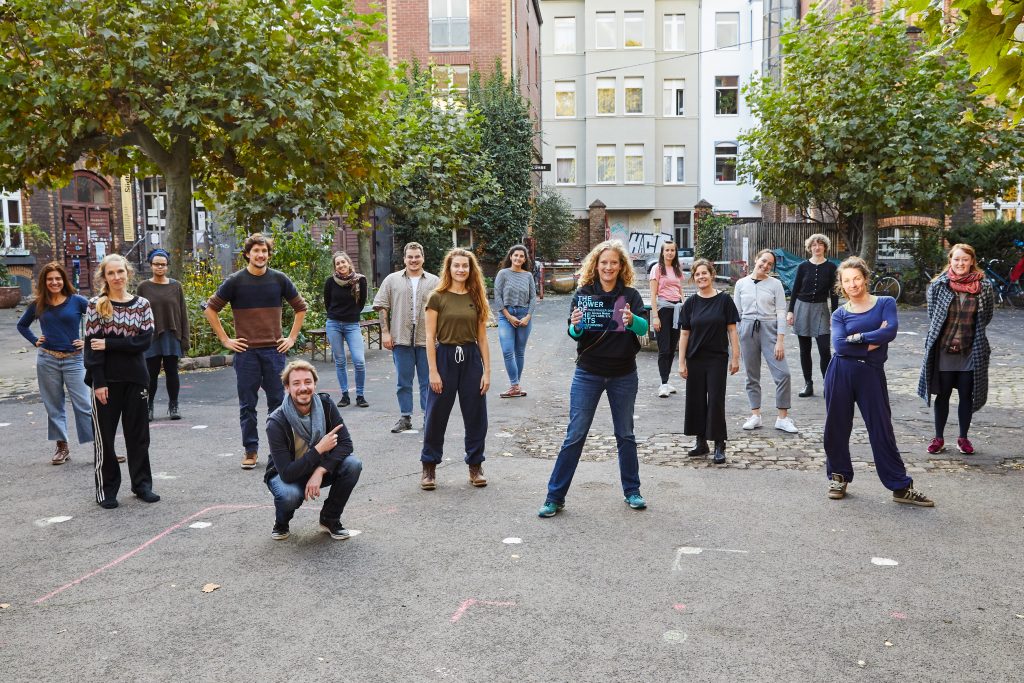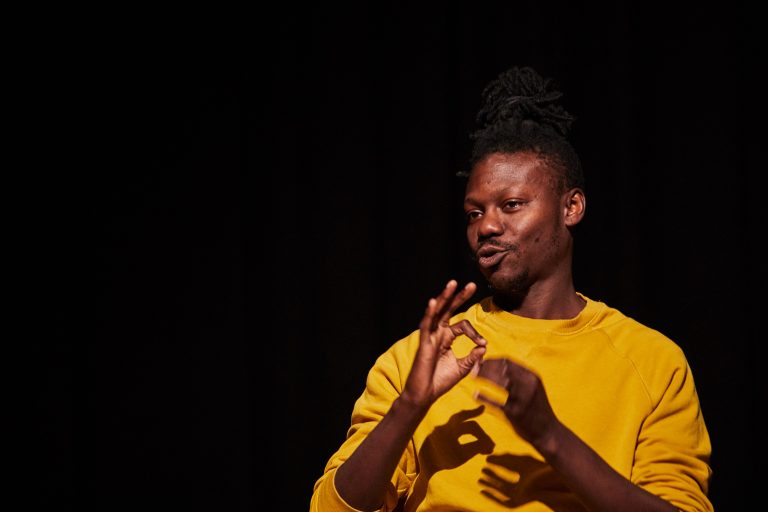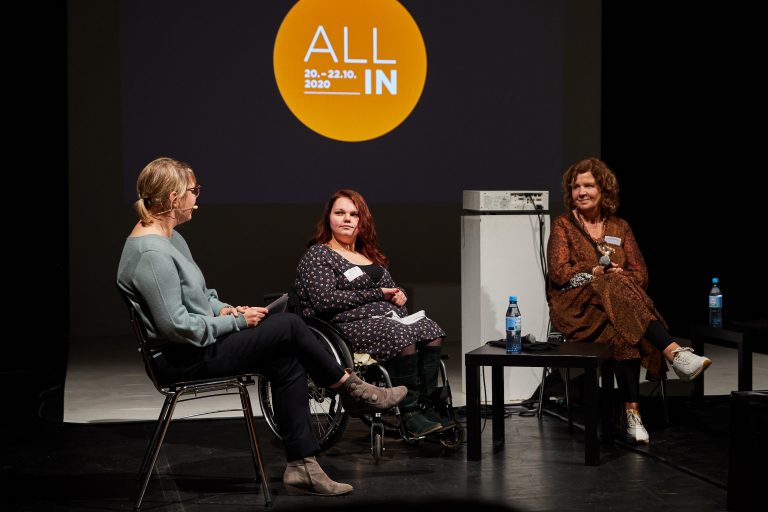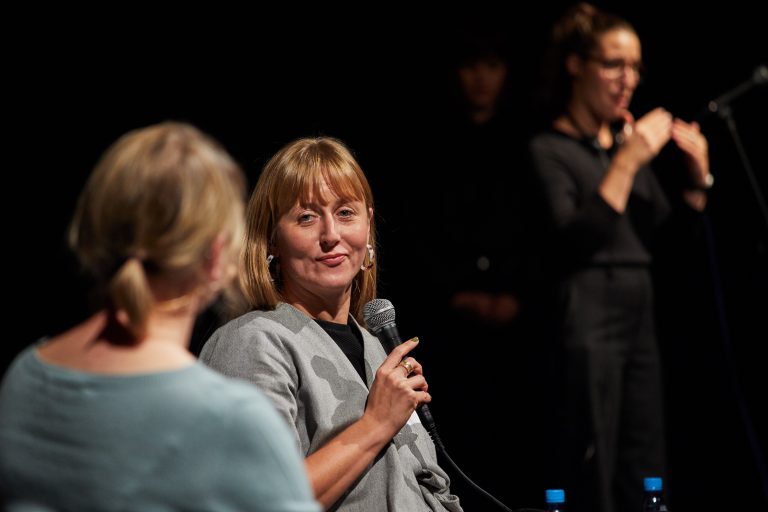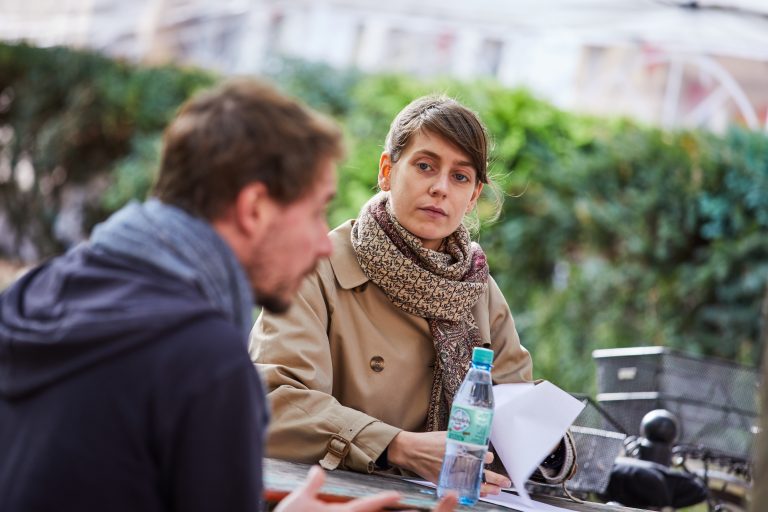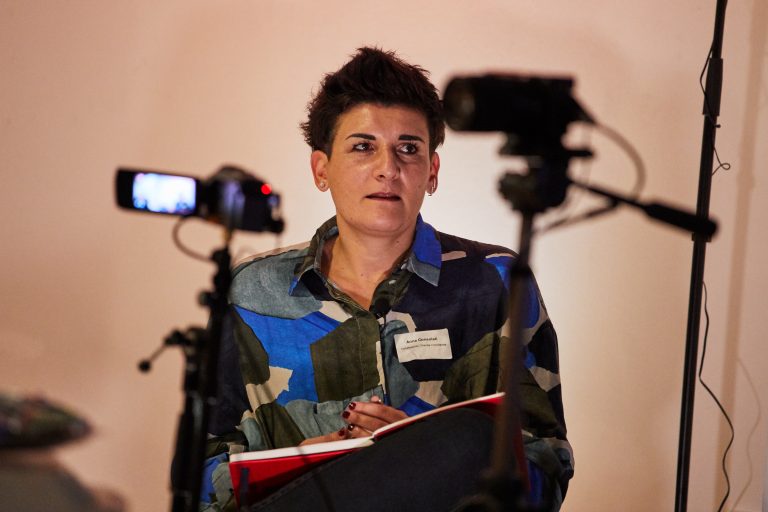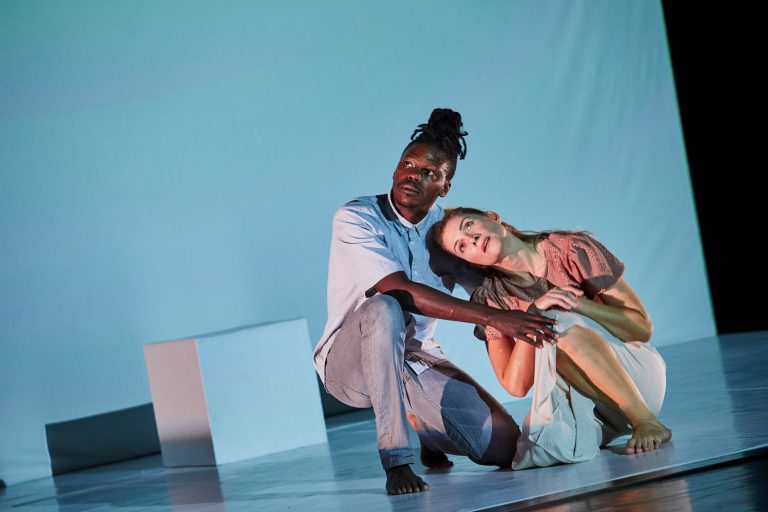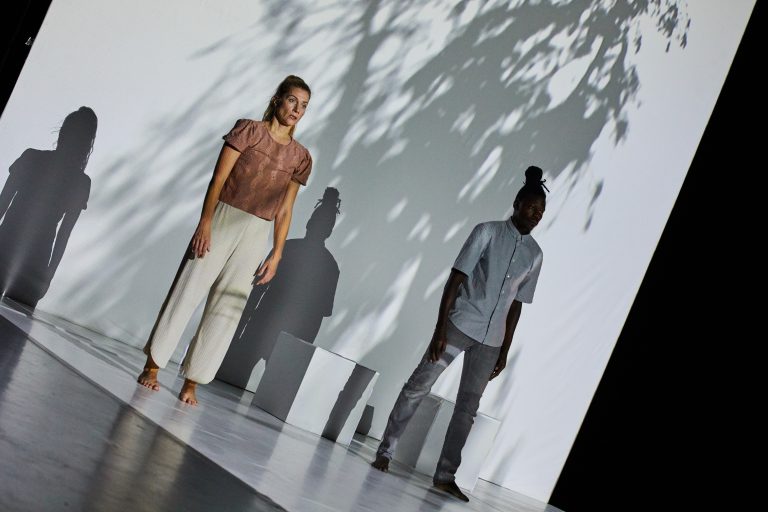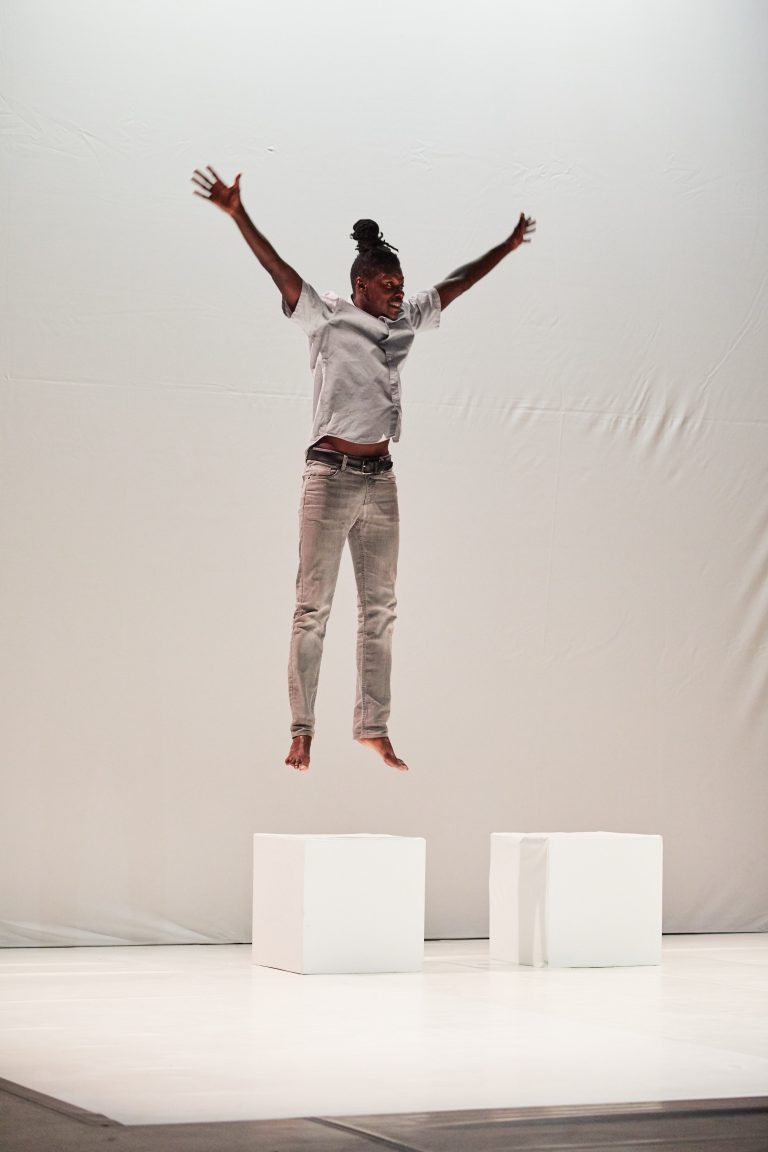Access Maker by Un-Label
Shaping barrier-free and diverse culture is the aim of Un-Label. For the model project Access Maker, tandem teams of cultural practitioners with and without disability advise and accompany three cultural institutions in North Rhine-Westphalia on their way to more diversity and inclusion at all levels: in terms of the programme, personnel and the audience.
“Often there is talk of wanting to counteract structural exclusion and discrimination in cultural institutions. Rare, however, are concepts that actively implement this. With its convincing concept, Un-Label supports cultural institutions in making their offerings more diverse and open and works toward changing structures in the cultural sector in the lasting and sustainably”, says the jury.
3 new questions to… Lisette Reuter, artistic director Un-Label
The experiences from our Access Maker project over the last two years have shown that cultural institutions usually lack not the will but the competence to recognise and treat people with disabilities as equal cultural workers and users. This is exactly where we come in with our work and support cultural institutions with the involvement of advisors with different disability perspectives in a practical and individual way according to the needs of the cultural institutions to open up inclusively.
Access Maker sees itself as a system integrator that helps to identify needs, create offers, build competences, form networks and cooperations and realise accessibility in culture together with people with disabilities, stakeholders and partners. The Power of the Arts award was therefore important to effectively promote the human right to cultural participation.
With the expertise we have gained through the project, we have been able to establish a unique selling point nationwide over the past two years, which is confirmed by the high demand. Our goal is to consolidate and expand this work in the future.
3 questions to… Lisette Reuter, artistic director Un-Label
Cultural institutions are trained in their artistic opening processes in terms of diversity and inclusion of artists with and without disabilities through workshops and counselling.
We will use the funding for the fees of cultural workers – the so-called access makers – and for our public relations and media campaigns.
… is that culture creators and politicians are becoming aware of the political obligation entailing inclusion and that this is finally put into practice. Inclusion is not a nice-to-have, it is a must-have, because it is a human right. Stigma needs to be removed and forms of diverse normality in art and culture must be established. The social mandate to art should be understood as an opportunity and motor for diversity reflection and a platform for encounters.

